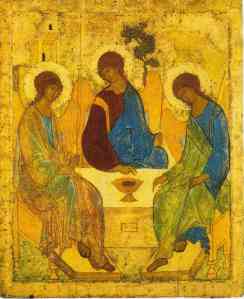One of the things that is constantly appearing in the UK press is the breakdown of community and a society that is becoming increasingly individualistic and consumerist. Post enlightenment we have moved from a sense of corporate experiences to an increasingly individualistic experience. The pre enlightenment communal experiences were usually local and consisted of village life. People shared experiences through their interpersonal interaction. Art and music came from within a community and was shared within the community. With the proliferation of the printing press there became an increasing connection with the national and international experience and yet people were still largely located within their local community and the shared experiences found therein. In recent decades we have had national corporate experiences such as the music chart and a limited selection of television channels. The days when everyone would be listening to the same Christmas Number one single across the entire country. We have now moved into a hi-tech world in which each individual can consume a cultural diet catered to their personal desires. The internet feeds our individual musical tastes and TV has so many channels that even the advert, the champion of consumerism, is suffering death by remote control.
The result is that the common experiences and common cultural references are becoming much fewer and much farther between. Our sense of connection with others is dwindling. This is framed within the context of globalisation. People are striving to connect with others of a like mind via the internet.
I’ll illustrate this change by using a metaphor that many may be familiar with. Some people used to use the slightly derogatory terms “visible church” and “invisible church” to distinguish between those they perceived to be church attenders and “real” Christians. To push this, we are now becoming a society that contains a dwindling sense of “visible community” and a fast growing “invisible community” – an unseen collection of virtual communities that reach further than even the participants may realise.
As Christians, there are important implications of the changing nature of our communities. Bevans and Schroeder illustrate this in their book Constants in Context: A Theology of Mission for Today:
As God is present and active in every created particle in the universe, so those who are called to participate in this presence and activity need to recognise their interconnectedness and responsibility for all that exists.
Bevans and Schroeder
God is throughout the whole of creation and as we unite with Him it is important to recognise our reliance upon and part within the whole. As followers of the way we are called into a pre-existent community with the Godhead. We express belief in God as trinity, we find a community that Brian McLaren in Generous Orthodoxy describes by saying:
The early church leaders described the Trinity using the term perichoresis (peri-circle resis-dance): The Trinity was an eternal dance of the Father, Son and Spirit sharing mutual love, honour, happiness, joy and respect… God’s act of creation means that God is inviting more and more beings into the eternal dance of Joy. Sin means that people are stepping out of the dance… stomping on feet instead of moving with grace, rhythm and reverence. Then in Jesus, God enters creation to restore the rhythm and beauty again
We are invited. The dance is taking place and more dancers are required. We are called to participate with God and participate with each other. We do not come before God as individuals but as equal partners. We join in with this dance not with enlightenment phrase “I think therefore I am” but with the African proverb “I am because we are”.
So how does this impact upon our modern communities? As our tangible, real world communities erode and our corporate lives extend from the front door to the car door, how do we engage with the our role within “all that exists”. But then as our lives extend increasingly into online communities of like-minded people, how do we ensure that we continue to take part in the dance of the trinity?
I wonder if I should try to claim on my Scotch’s Lifetime Guarantee.

